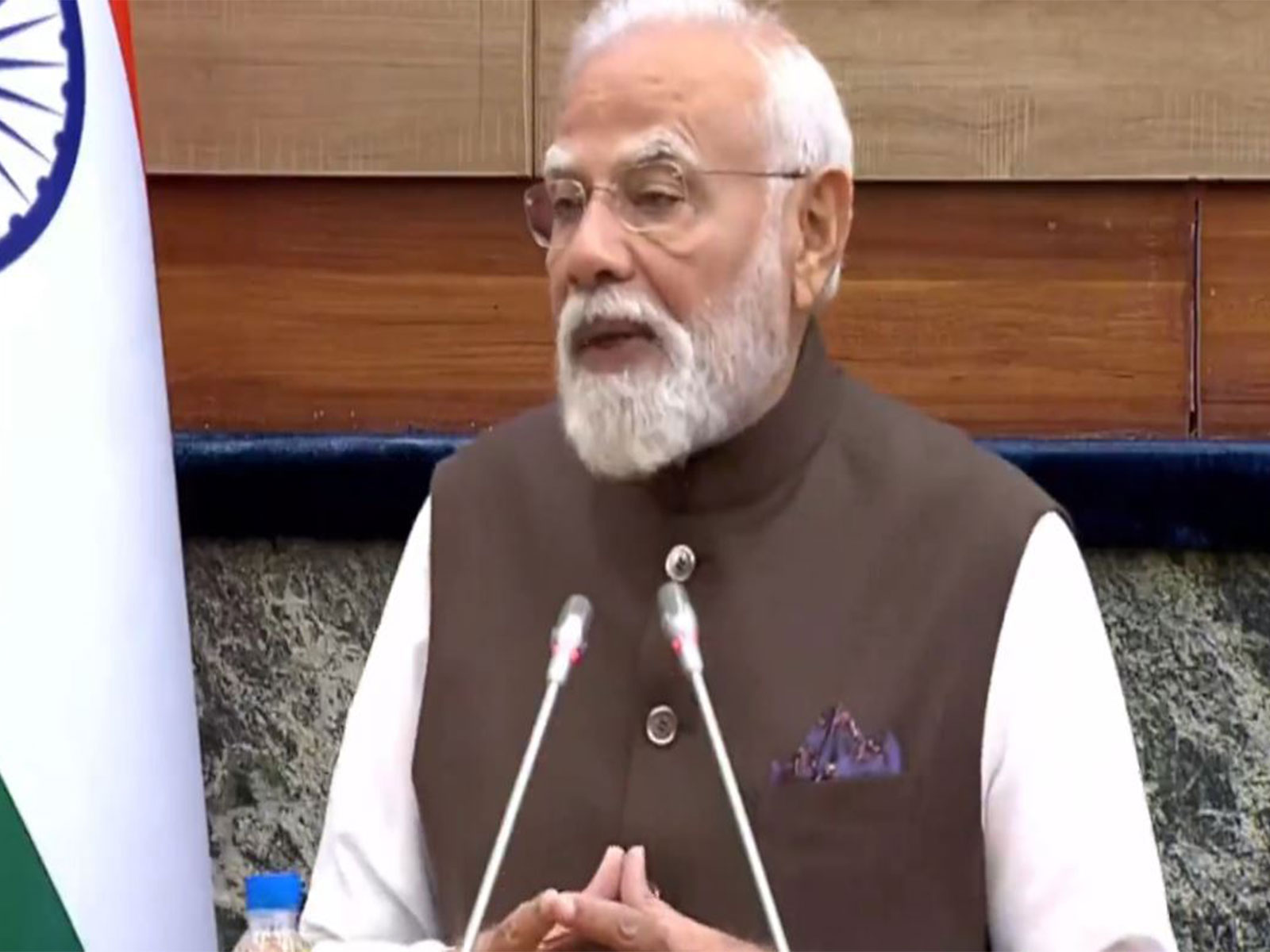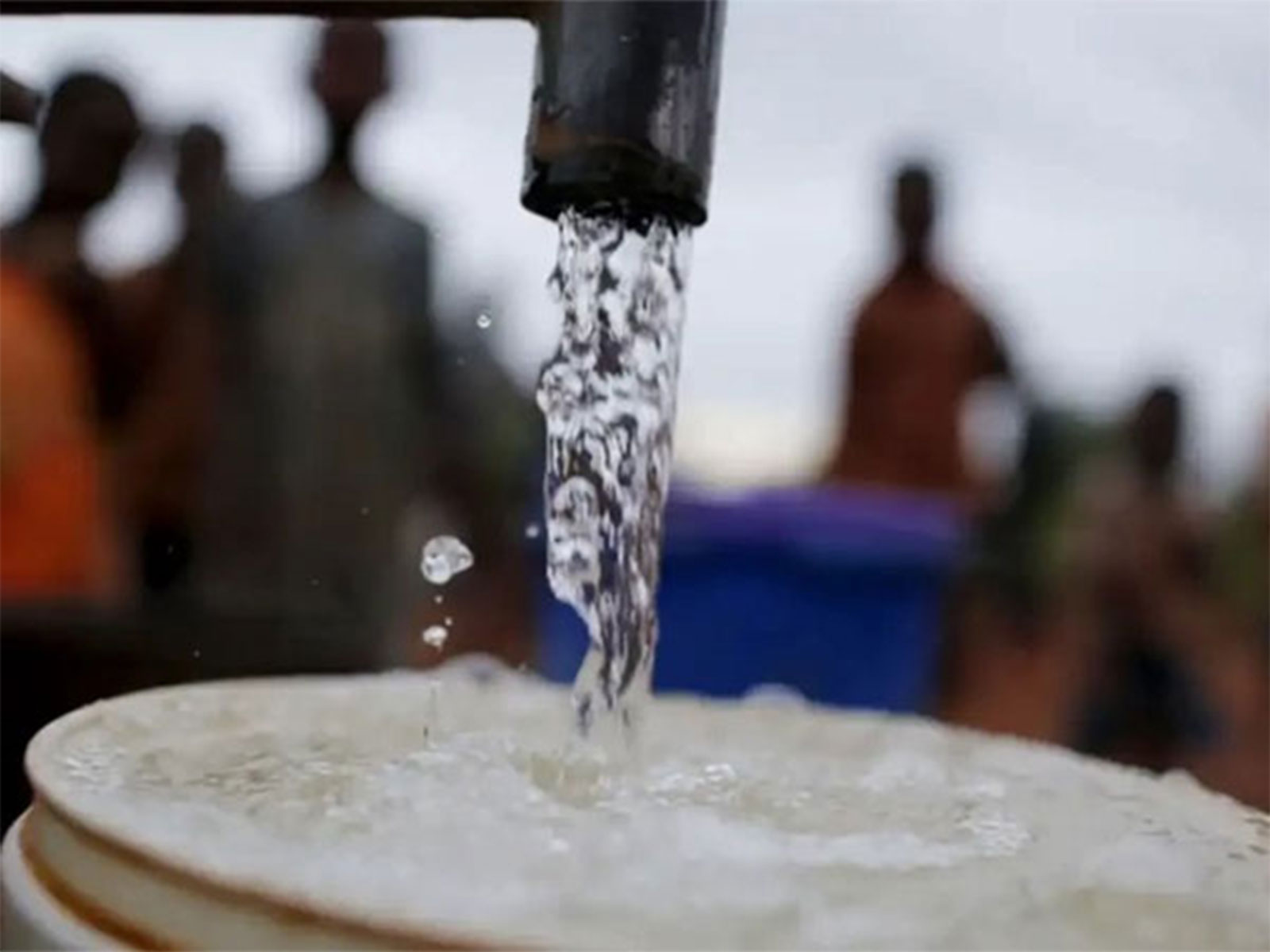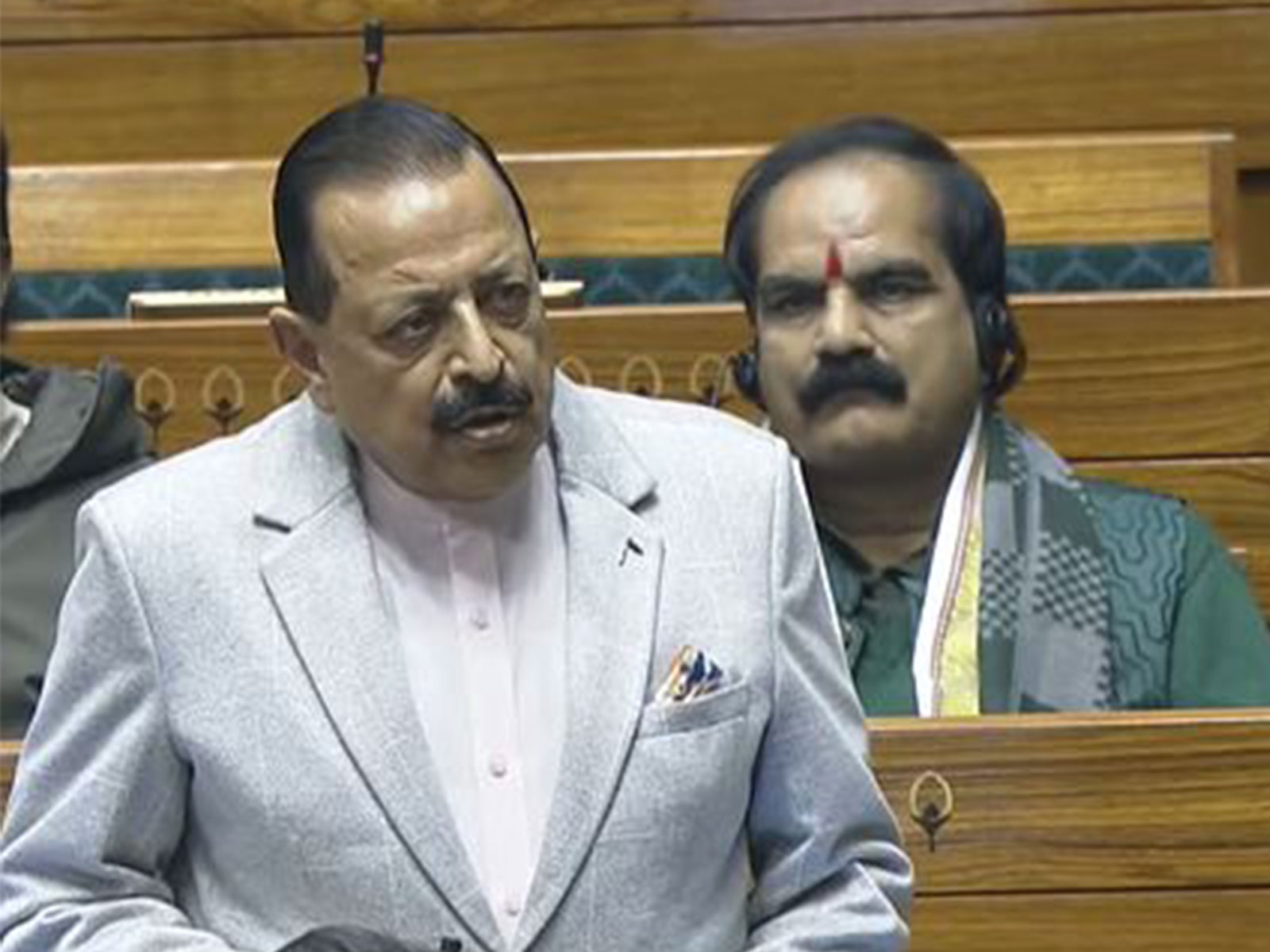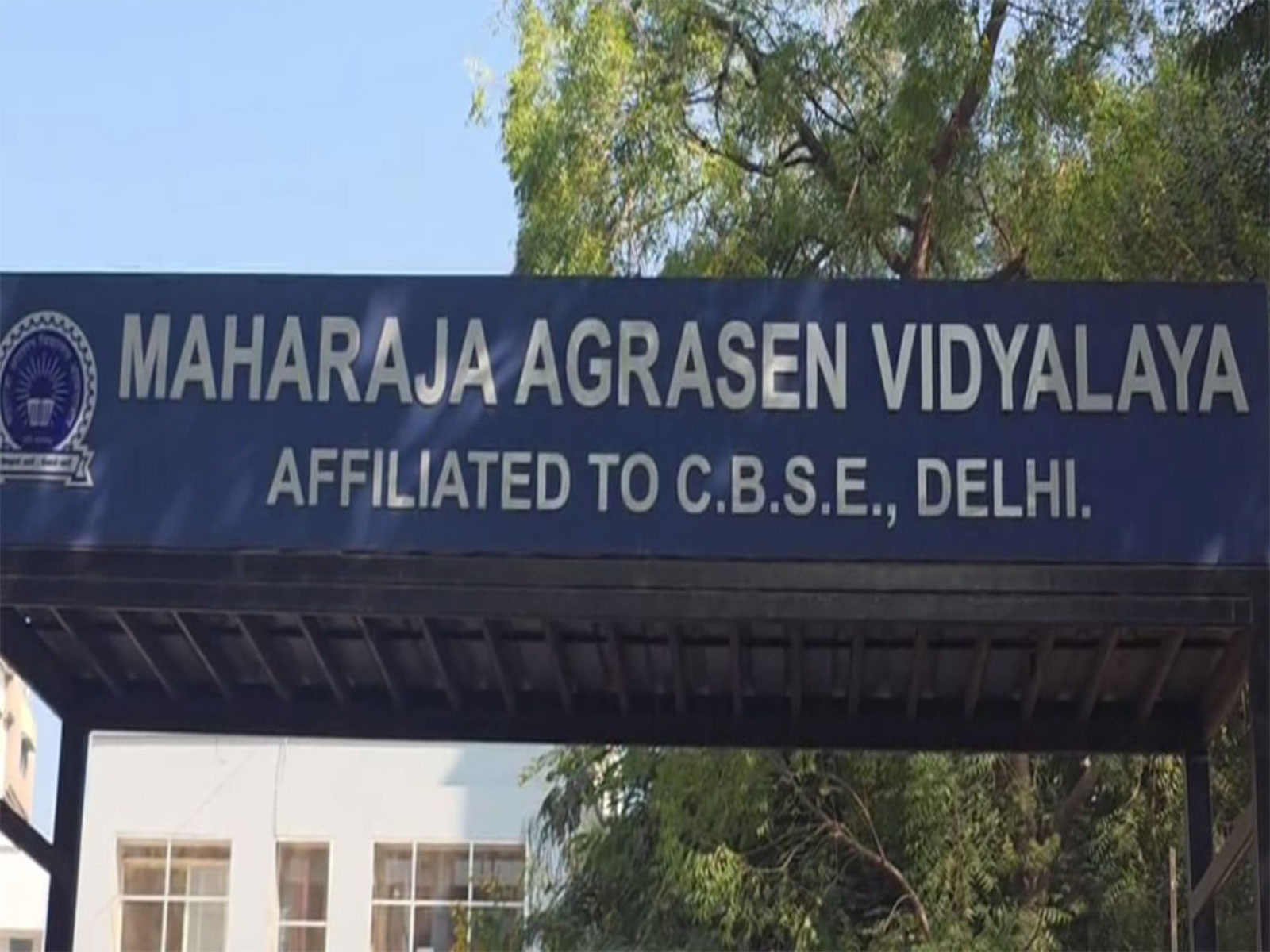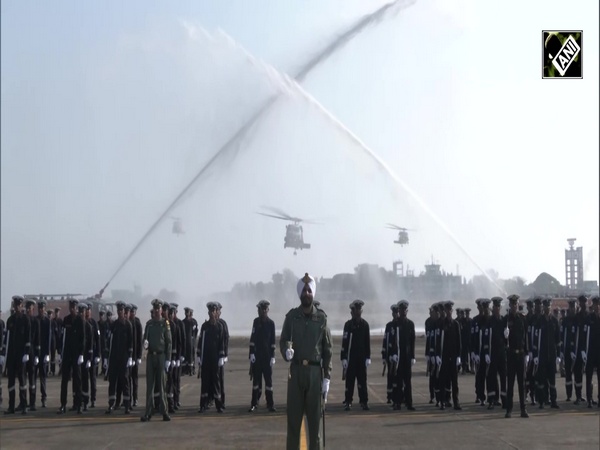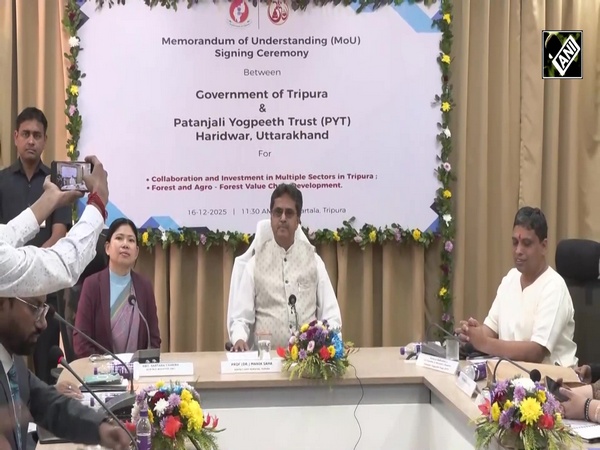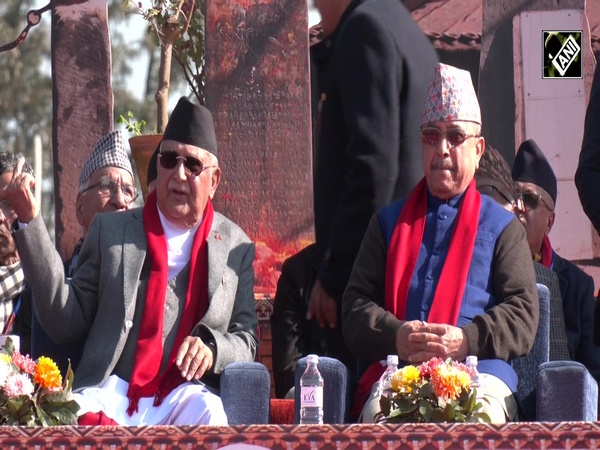2 children killed in mine explosion in Afghanistan’s Jowzjan
Oct 03, 2023

Kabul [Afghanistan], October 4 : Two children were killed while one sustained injuries in a mine explosion in Afghanistan’s Jowzjan province, said local government officials, Khaama Press reported.
The Khaama Press is an online news service for Afghanistan.
A spokesperson for Jowzjan police, Abdul Satar Haleemi, informed the media on Tuesday that the incident occurred in the province’s Qara Chonqol Hill of Darzab district.
Statistics show that nearly 606 square kilometres of Afghan soil is contaminated with landmines and unexploded ordnance.
Experts have called governments and organizations to initiate public awareness campaigns through various media channels and educational resources. The aim is to educate the public about the risks associated with mines, with the ultimate goal of preventing such tragic incidents from occurring again.
A recent study by the Head of Coordination and Mine Clearance in Afghanistan revealed that 120 people lost their lives and another 250 individuals have injuries due to mine explosions and unexploded ordnance in Afghanistan, The Khaama Press reported.
The Khaama Press reported that Afghanistan needs an urgent action plan to mitigate the devastating impact of these lethal hazards.
Nooruddin Rustamkhil, the head of coordination and Mine clearance, said that most of the victims of these incidents are children in the country.
He added, “From the beginning of 2023 until now, we have had 207 incidents in Afghanistan, resulting in 372 casualties. Among these, 122 were killed, 250 were wounded, and 224 were children.”
Moreover, the United Nations Children’s Fund (UNICEF) expressed concern over the rising casualties among children due to unexploded ordnance explosions in Afghanistan and emphasized that in 2022, more than a hundred children died or were disabled due to these incidents.
Despite ongoing efforts, Afghanistan remains plagued by many casualties, including innocent children, due to unexploded mine explosions. The persistence of this danger underscores the need for sustained international support and resources to address this critical humanitarian issue.
